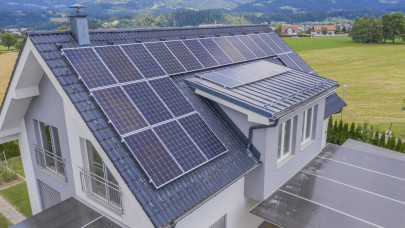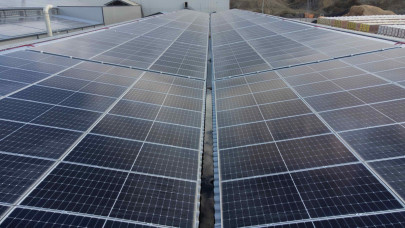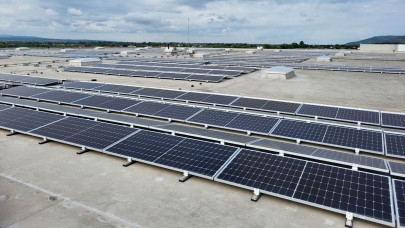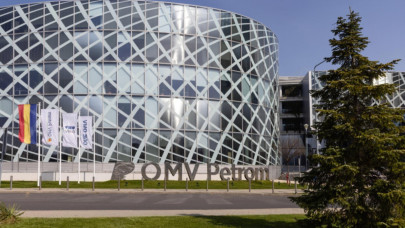The company also emphasizes that in Romania it is also essential to develop an appropriate legislative and regulatory framework, as well as support schemes/financing programs to support the investments necessary to implement hydrogen technologies, respectively the conversion of natural gas networks to hydrogen.
H2 generation capacity planned by 2030 has increased from 5.6 GW in July 2022 to 8.1 GW in February 2023. This shows that plans to build electrolysis plants to generate hydrogen are gaining speed, which makes the German Government's objective of 10 GW of installed capacity by 2030 increasingly tangible. On the other hand, final investment decisions have not yet been made for most projects.
The need to become less dependent on natural gas as quickly as possible and achieve greater diversification of energy sources has given many plant operators an incentive to plan hydrogen projects.
Although planned hydrogen lines have increased from 2,273 to 2,813 kilometers in six months, only 417 kilometers of pure hydrogen lines are currently in operation in Germany.
"It is gratifying that the planned hydrogen generation capacity in Germany has increased and the import gap has narrowed. However, we must not rely on this initially positive development. The planning must be even more ambitious. Otherwise, failed projects or construction delays could quickly prevent the 10 GW target from being reached. Furthermore, we still lack the infrastructure to transport hydrogen to customers. Therefore, Germany must now pursue its chosen path even more decisively and consistently, to give the German and European hydrogen economy a real chance on the global market," said Patrick Lammers, a member of the E.ON Board of Directors.
E.ON still sees an urgent need for clarification, for example, in the framework conditions for the operation of hydrogen networks. Prolonged discussions fuel uncertainty and thus slow down the development of a hydrogen network.
In February, the EU Commission published the long-awaited definition of "green" hydrogen. Although it contains very complex requirements that will become even stricter from 2029, it at least provides investors and the industry with a necessary basis for developing a hydrogen market in Europe.
The "H2-Bilanz" report is published twice a year. The scientific, data-driven approach is intended to help ensure that the right adjustments are made for a successful hydrogen accelerator. The analysis includes specific project plans until 2030 and indicators such as green hydrogen generation capacity, import volumes, infrastructure, and costs.
"In the second stage of the project, the tests will analyze the operation of the mixture in real networks, respectively in existing networks made of steel and polyethylene, as well as customer installations/devices connected to them. "Certainly one of the challenges is customer acceptance of testing. For this purpose, in the first phase, the tests will be carried out in the Mediaș training ground to prove that everything works safely. What must be understood is that hydrogen is another combustible gas, and its use does not involve any risk different from that of using natural gas", emphasized Cristian Călin, Gas Technical Manager.
"We, at Delgaz Grid, want to develop dedicated networks for hydrogen", said the company manager.
In parallel with pilot projects, it is essential to develop an appropriate legislative and regulatory framework, as well as support schemes/financing programs to support the investments needed to implement hydrogen technologies, i.e. the conversion of natural gas networks to hydrogen. "We welcome the legislative initiatives, namely the Hydrogen Law and the Hydrogen Code under public debate, and we look forward to the development of the National Hydrogen Strategy, the reference document for the future legislative framework," Călin also said.
Delgaz Grid has announced as early as November 2022 a pilot project to test the compatibility and operation of utility installations and distribution system components with a mixture of natural gas and hydrogen.














